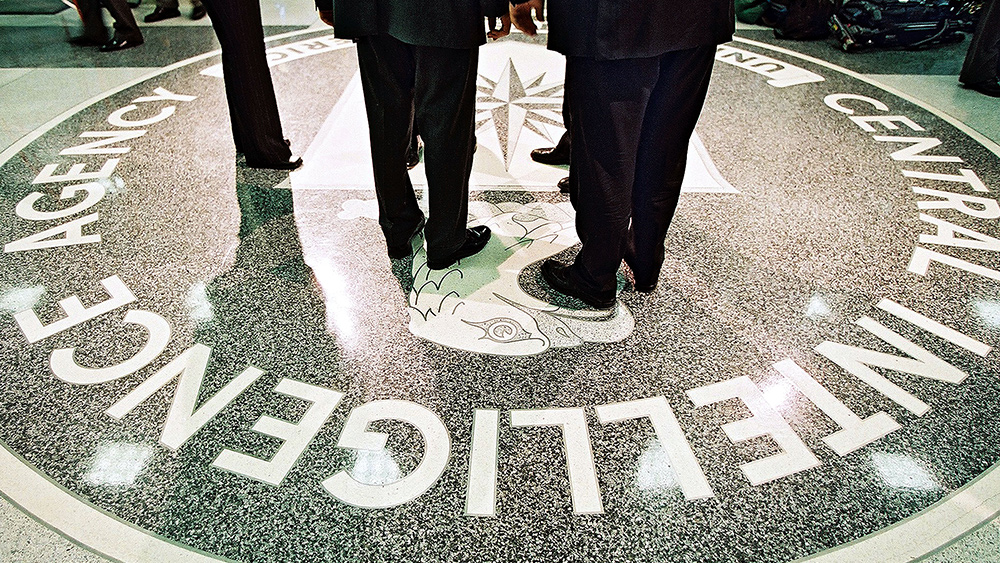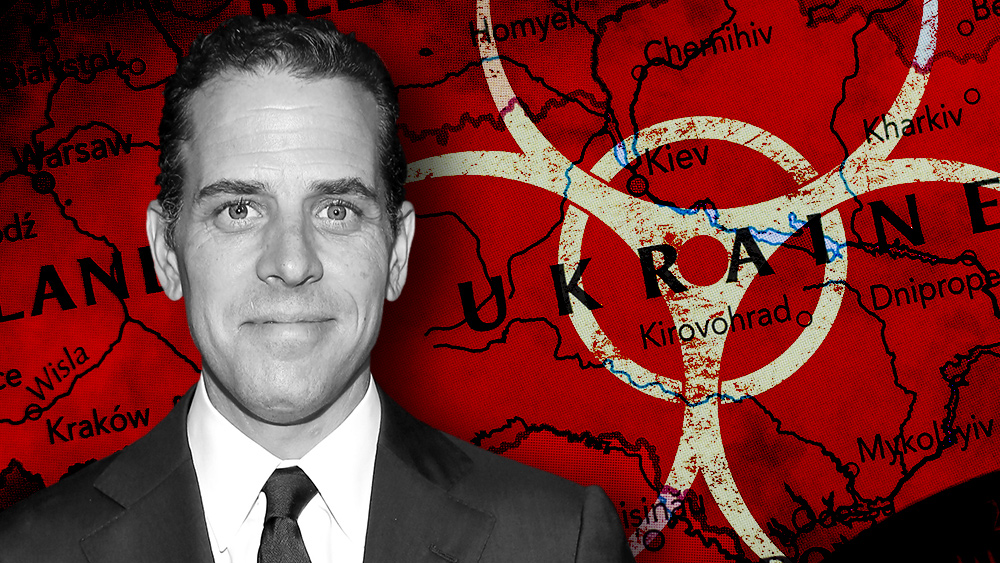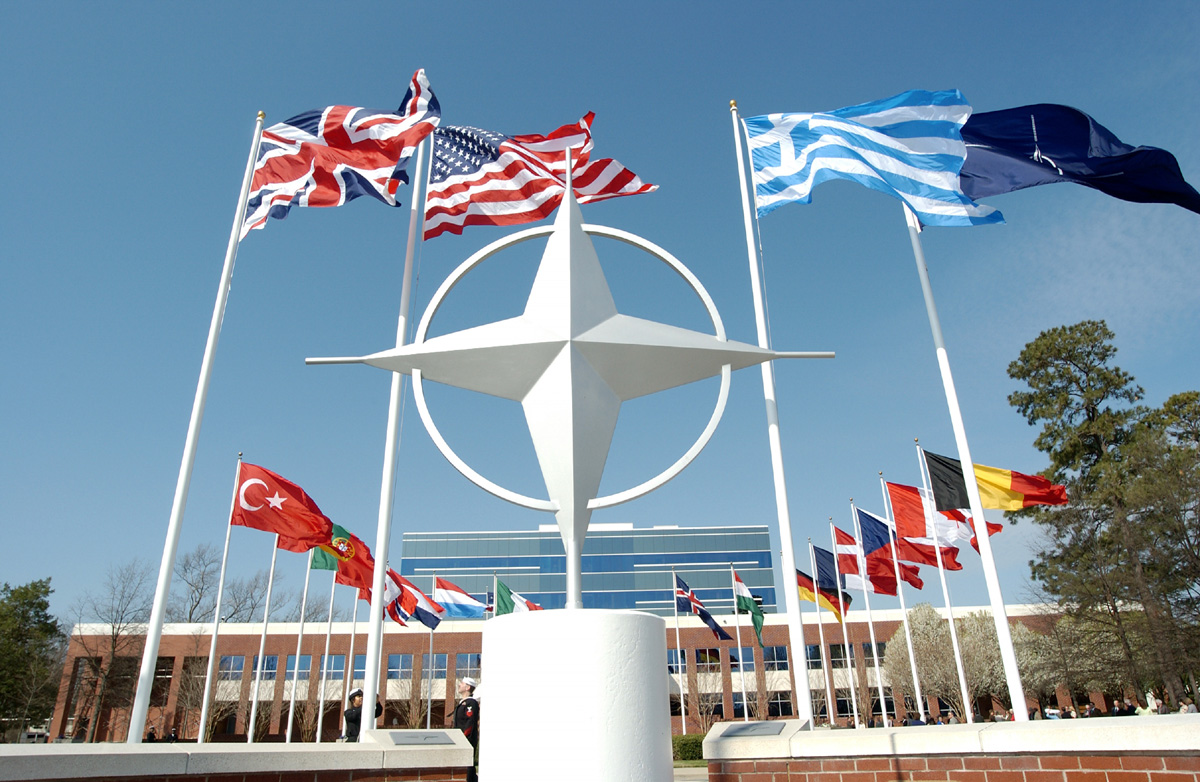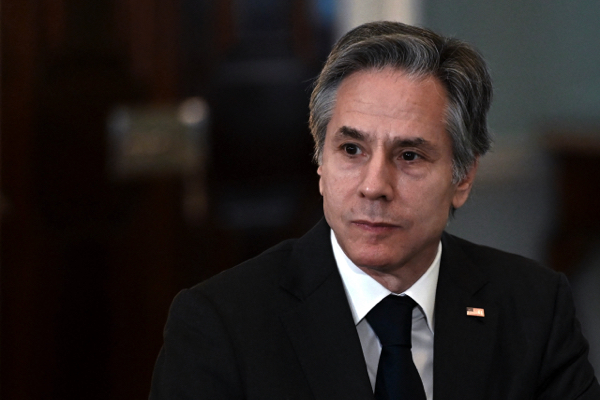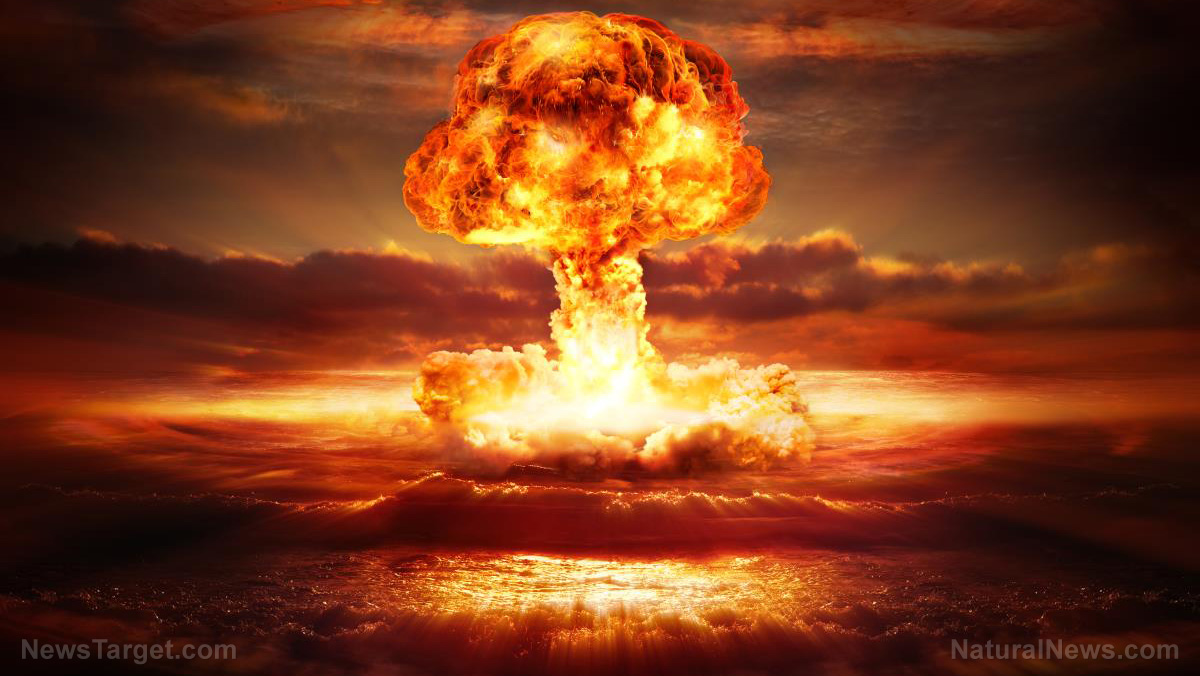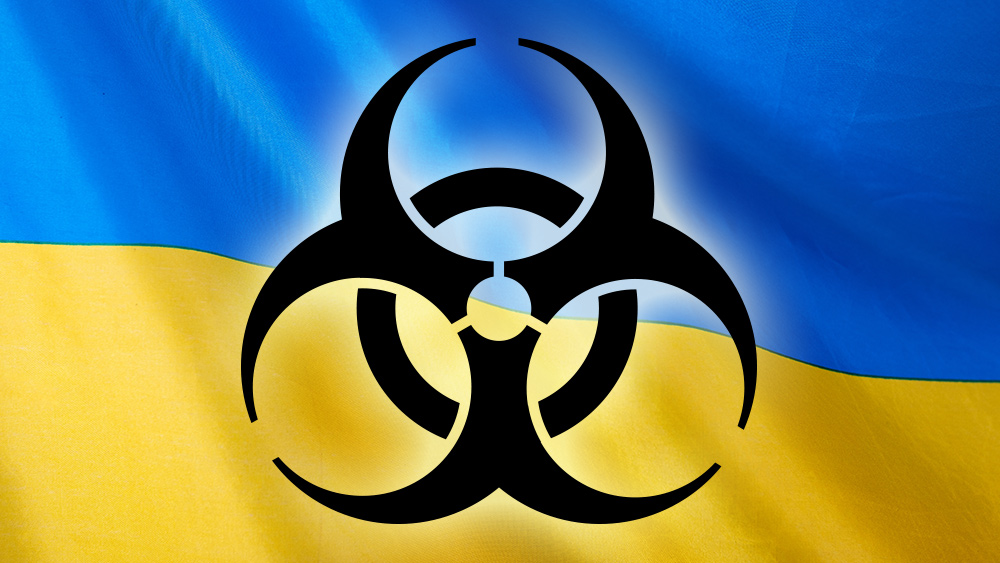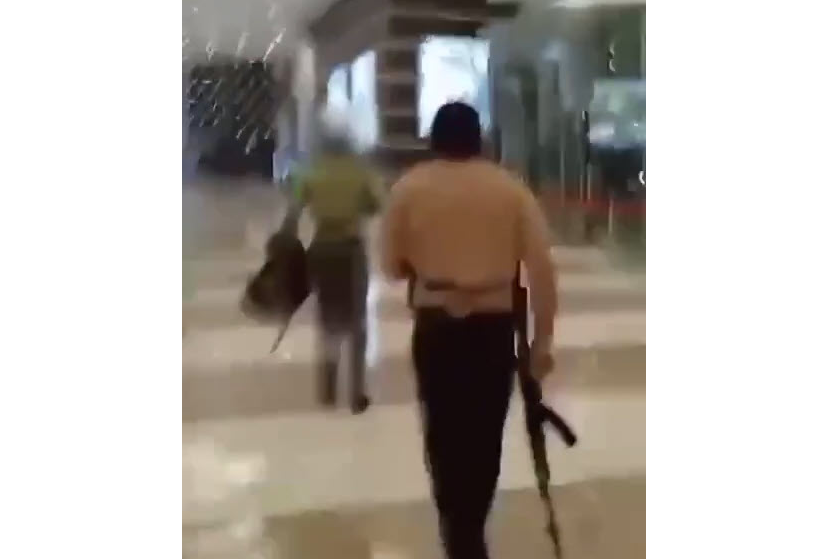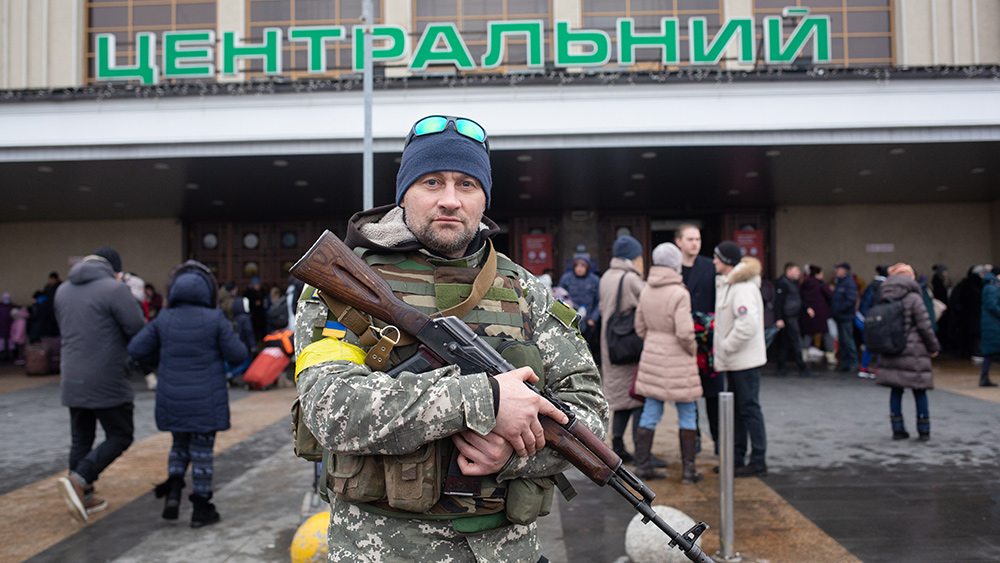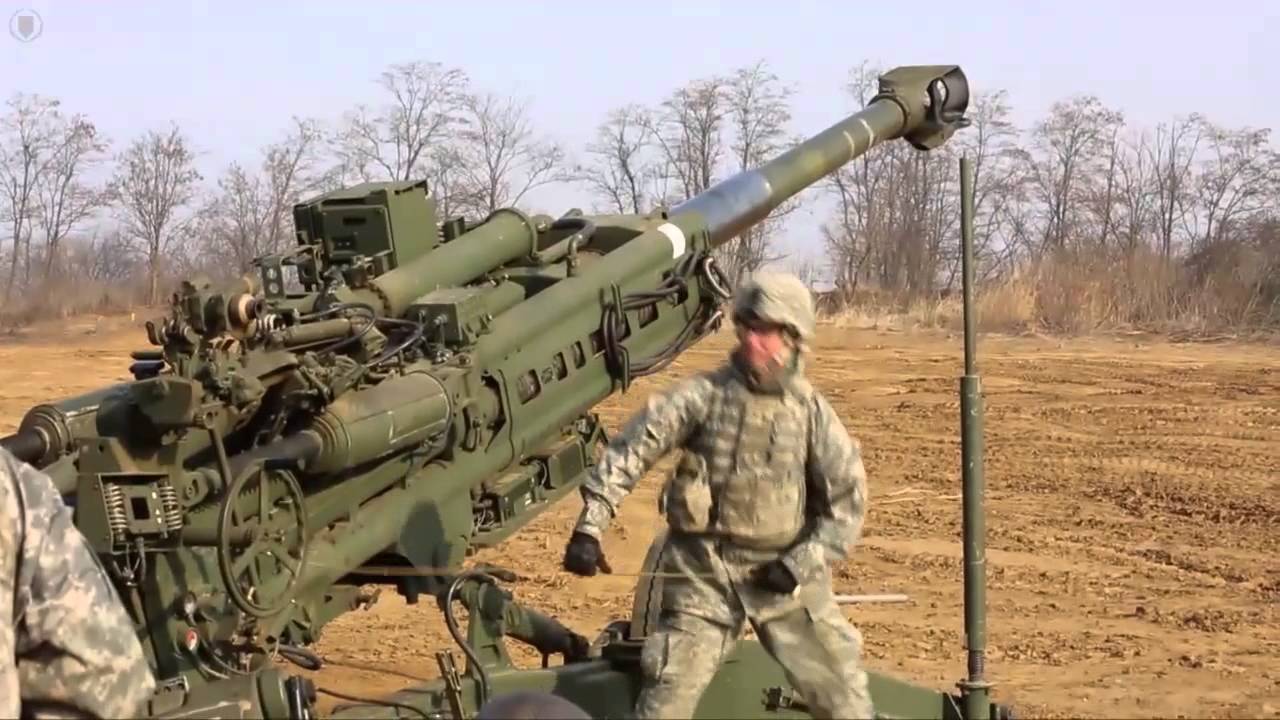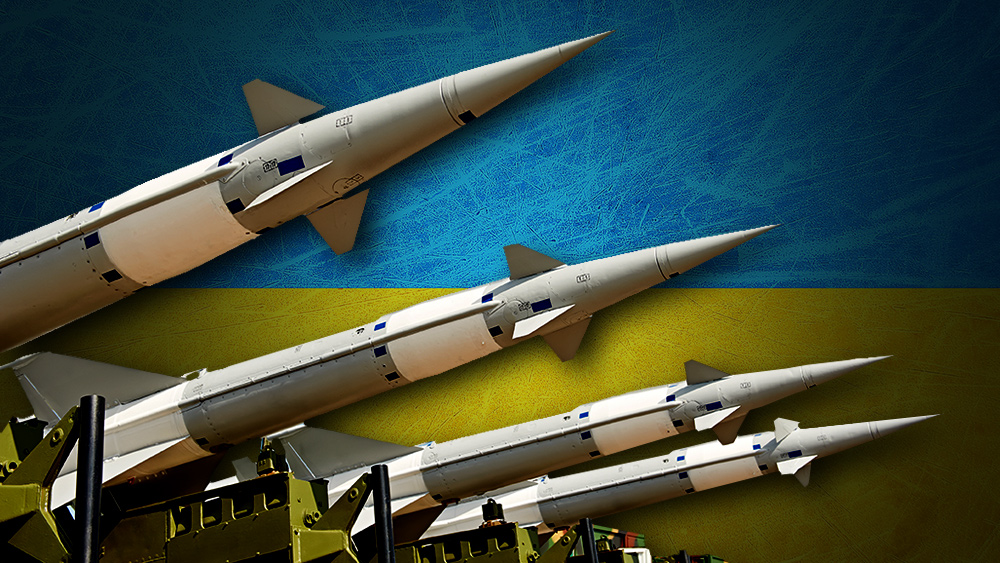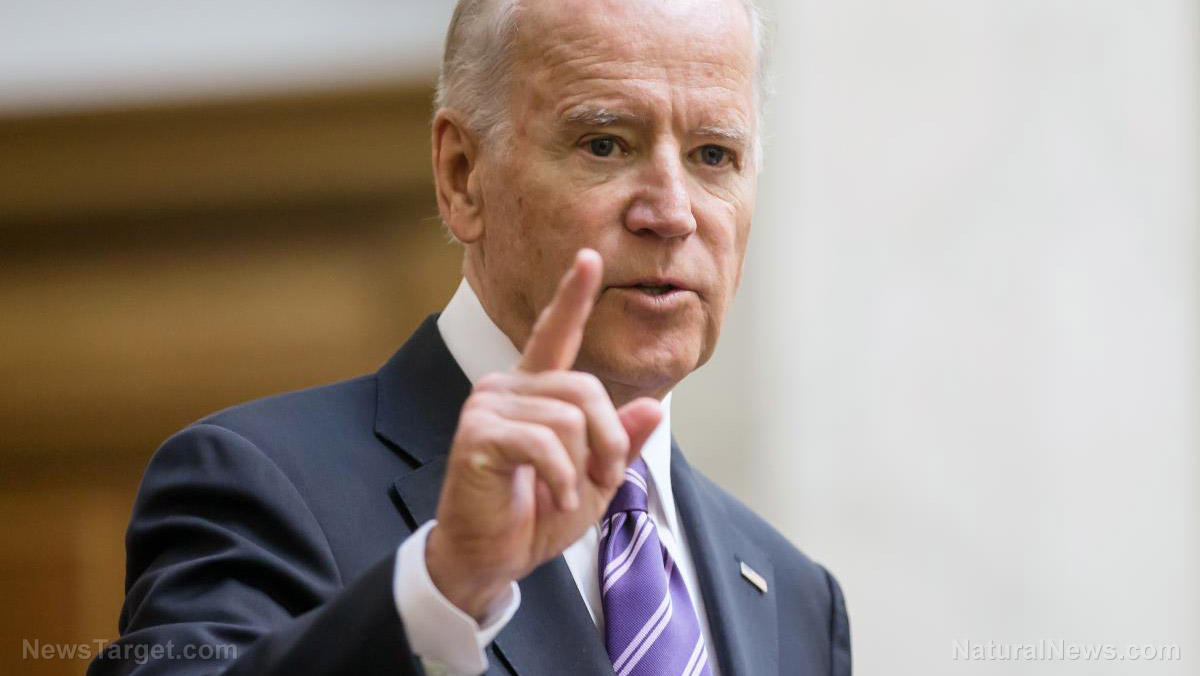Switzerland approves motion transferring frozen Russian assets to Ukraine
03/15/2024 / By Ava Grace

The upper house of Switzerland’s parliament has approved a measure transferring frozen Russian assets to Ukraine.
At the beginning of Russia’s special military operation in Ukraine, around 7.7 billion euros ($8.42 billion) worth of Russian Central Bank assets in Swiss banks were frozen. Now, the Swiss Council of States, by a modest majority, has allowed all of these assets to be given to Ukraine as war reparations.
The issue has sparked heated debate in the shadow of the country’s banking system, a key sector for upholding the centuries-long policy of Swiss neutrality. The proposal to transfer Russian assets was already voted upon by the lower house, the National Council, late last year.
The measure that was passed allows the Swiss federal government to find an international legal basis for a reparation mechanism at the global level, which would allow Switzerland to transfer the resources of the central bank and state-owned companies of offending countries held in Swiss financial institutions to the attacked countries. (Related: Russia vows to respond in kind if West seizes its frozen assets.)
“The facts are clear, Russia has seriously violated international law and must pay for the damage it has caused,” said Federal Councillor – a member of Switzerland’s seven-member executive – and Minister of Foreign Affairs Ignazio Cassis.
Since the beginning of the conflict, Switzerland has provided around $3.4 billion in aid to Ukraine. The Swiss federal government plans to spend another half of this amount from 2025 to 2028 and to host a peace conference later this year.
“We do not need to blush when we talk about Ukraine in the international arena, be it in the financial, diplomatic or humanitarian sphere.”
Russia condemns Swiss plan, summons ambassador
Russia’s foreign ministry in Moscow summoned Switzerland’s ambassador on Tuesday, March 12, over the parliament’s motion to seize and transfer Russian assets to fund reparations for Ukraine. The foreign ministry also put out a statement condemning the theft as a gross violation of international law.
“Russia strongly condemns this step by the Swiss authorities that grossly violates the fundamental principles and norms of international law regarding state immunity,” the foreign ministry said in a statement warning of retaliation and consequences for Switzerland if it was implemented. “Any encroachment on Russian state property under the guise of any far-fetched ‘reparative mechanism’ would be nothing more than theft at the state level.”
Russian Ambassador to Switzerland Sergey Garmonin further warned that any confiscation of frozen Russian assets would damage the country’s “reputation as a state based on the rule of law and a reliable financial center.” He added that Russian diplomats are studying the Swiss parliament’s decision.
The concern for Russia is that, if Switzerland successfully figures out a mechanism to seize Russian assets and transfer them to Ukrainian ownership, the more than 200 billion euros ($219 billion) worth of frozen assets held by the European Union could be next.
The EU is already supporting an initiative to use interest gained on frozen Russian assets to finance aid to Ukraine. Preliminary estimates suggest the amount could be between 15 to 17 billion euros ($16.41 to $18.6 billion) per year. British Foreign Secretary and former Prime Minister David Cameron has already stated that London was ready to provide Kyiv with all 25 billion British pounds ($32.03 billion) worth of frozen Russian assets.
Watch this video of journalist Rachel Blevins interviewing expert Alex Christoforou regarding President Joe Biden’s plan to steal $300 billion worth of Russian assets for Ukraine.
This video is from the Pool Pharmacy channel on Brighteon.com.
More related stories:
Spain’s idea to help Ukraine using SEIZED profits from frozen Russian assets deemed unviable.
IMF says SEIZURE of frozen Russian assets must have sufficient legal support.
Sources include:
Submit a correction >>
Tagged Under:
banking, big government, diplomacy, finance, finance riot, foreign relations, frozen assets, politics, Russia, Russia-Ukraine war, Swiss banks, switzerland, Ukraine, war reparations
This article may contain statements that reflect the opinion of the author
RECENT NEWS & ARTICLES
COPYRIGHT © 2022 UkraineWitness.com
All content posted on this site is protected under Free Speech. UkraineWitness.com is not responsible for content written by contributing authors. The information on this site is provided for educational and entertainment purposes only. It is not intended as a substitute for professional advice of any kind. UkraineWitness.com assumes no responsibility for the use or misuse of this material. All trademarks, registered trademarks and service marks mentioned on this site are the property of their respective owners.

